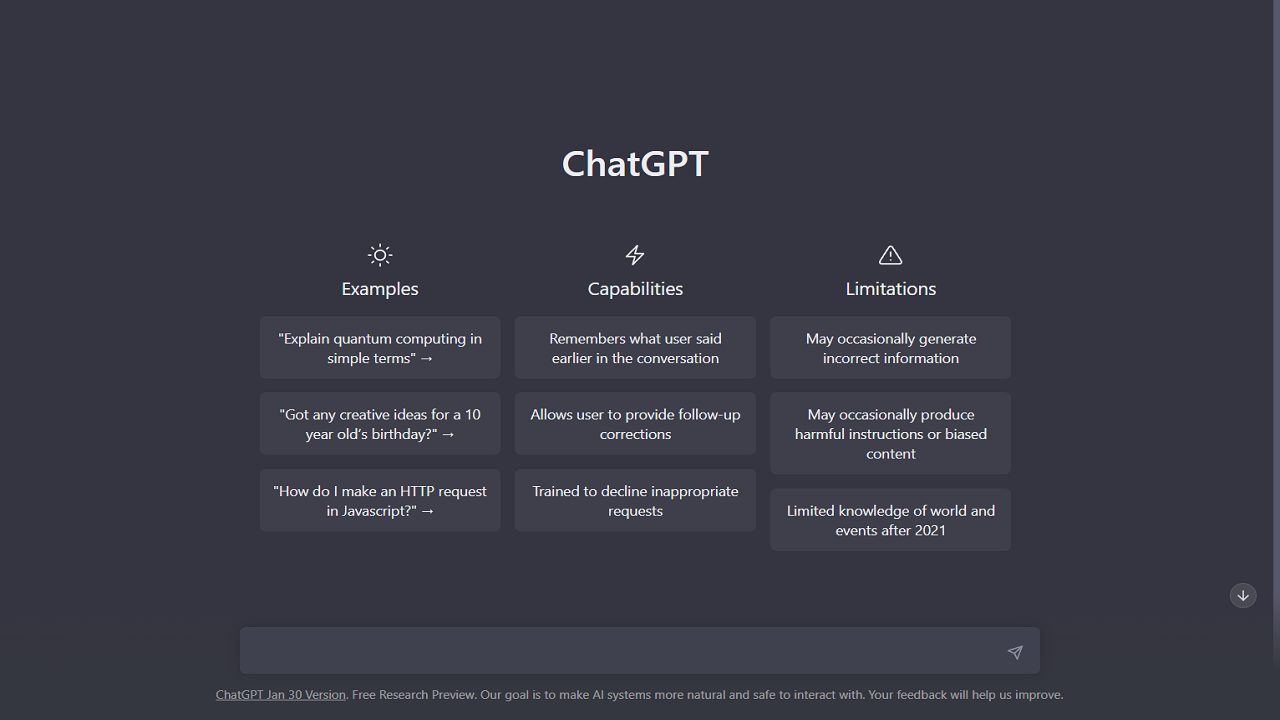ChatGPT: The Future of Language Processing
ChatGPT, an AI-powered language model developed by OpenAI, is making waves in the field of natural language processing (NLP). This cutting-edge technology is capable of performing a wide range of language-related tasks with remarkable accuracy and efficiency, from generating human-like text to answering questions and providing recommendations. In this blog, we will explore the potential of ChatGPT and its impact on the future of NLP.

The advancement of artificial intelligence and machine learning has led to significant progress in the field of NLP. The development of large language models like ChatGPT has taken this progress to the next level, offering an unprecedented level of natural language understanding and generation. ChatGPT is based on transformer architecture and uses deep learning algorithms to process vast amounts of text data, enabling it to understand and generate human-like text.
One of the most significant applications of ChatGPT is conversational AI. The model can be integrated into chatbots, virtual assistants, and other conversational interfaces to provide a more natural and human-like experience for users. The model's ability to answer questions and provide recommendations in real time can greatly improve customer service and support, making it an indispensable tool for businesses and organizations.
ChatGPT is also capable of performing a wide range of other NLP tasks, including text classification, text generation, and summarization. Its ability to analyze and understand text at a granular level makes it an excellent tool for content creation, marketing, and research. For example, the model can be used to generate new product descriptions, social media posts, or summaries of long articles with ease.
Moreover, ChatGPT is highly customizable, making it possible to fine-tune the model to specific domains and use cases. This level of customization opens up new possibilities for businesses and organizations looking to leverage NLP for their specific needs. With ChatGPT, organizations can build intelligent applications that can understand and respond to user input in a way that is both natural and effective.
In conclusion, ChatGPT is the future of NLP, offering a powerful tool for businesses and organizations looking to enhance their communication and marketing efforts. With its ability to understand and generate human-like text, as well as perform a wide range of NLP tasks, ChatGPT is poised to revolutionize the way we interact with technology.
Note: This is a fictional blog, based on the information provided. The information and claims made in the blog may not reflect the latest developments and advancements in the field of NLP and ChatGPT.










